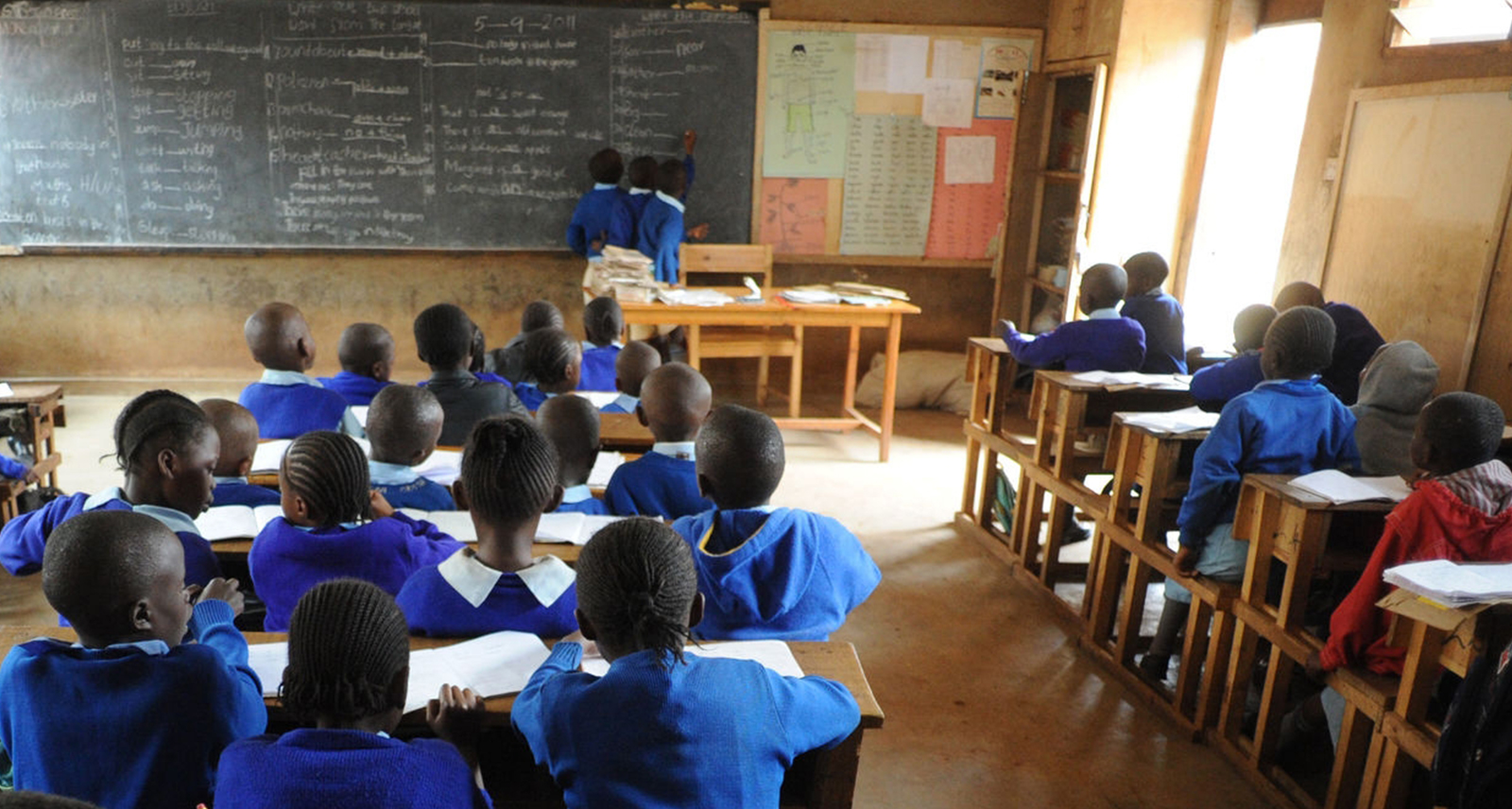Hello World

The government is mulling a new funding plan that will see university students from poor backgrounds pay less for tuition.
The Standard has established that a new tool is being developed to track parents’ fee payment history from primary to secondary schools.
This will inform the categorisation of those who will pay higher in tertiary institutions and universities.
Universities Fund Chief executive, Geoffrey Monari, said the merit-based model would prioritise poor students pursuing courses of national priority.
In essence, a parent whose children studied in high-end primary and secondary schools may be listed among those who will pay higher fees for University education.
Monari noted the proposed model is in line with the current government’s agenda of assisting the most vulnerable.
“Where is the joy in a student not being able to join online classes, yet another in the same class has all the gadgets they need,” posed Monari.
However, he said that the model would only be implemented after full public, student, and stakeholder participation as the Constitution provides, which will inform them how the process can be modelled to accommodate everyone.
He also said there is a need to forge a way forward noting that while they’re looking at several options.
One is increasing students’ fees and the new proposal of funding students based on their parent’s financial capabilities.
“Why should a student who paid so much money in primary and secondary school to get quality education come to University, to pay only Sh64,000 annually and yet Universities don’t have the facilities to ensure this student gets quality education?” Monari said.
“If you are able to pay, why don’t you pay the full fees, if there’s a needy student who comes from a totally needy background, the government pays for all equipment, including a laptop so they can go through university education comfortably?” Monari added.
Monari noted a huge discrepancy in the universities, giving examples of students who hardly afford a meal a day while others drive to school, yet both receive government funding.
“Equity does not mean you pay for the rich. Equity means you look at the person who needs the funding and support them, so that you lift them from where they are, and to the same level with the rich student, whose parents can afford fees comfortably,” Monari said.
Monari said there remains a funding gap of Sh27 billion, even after the government issued an increment of Sh10 billion in the last 10 years.
Read the original article on Standard media
